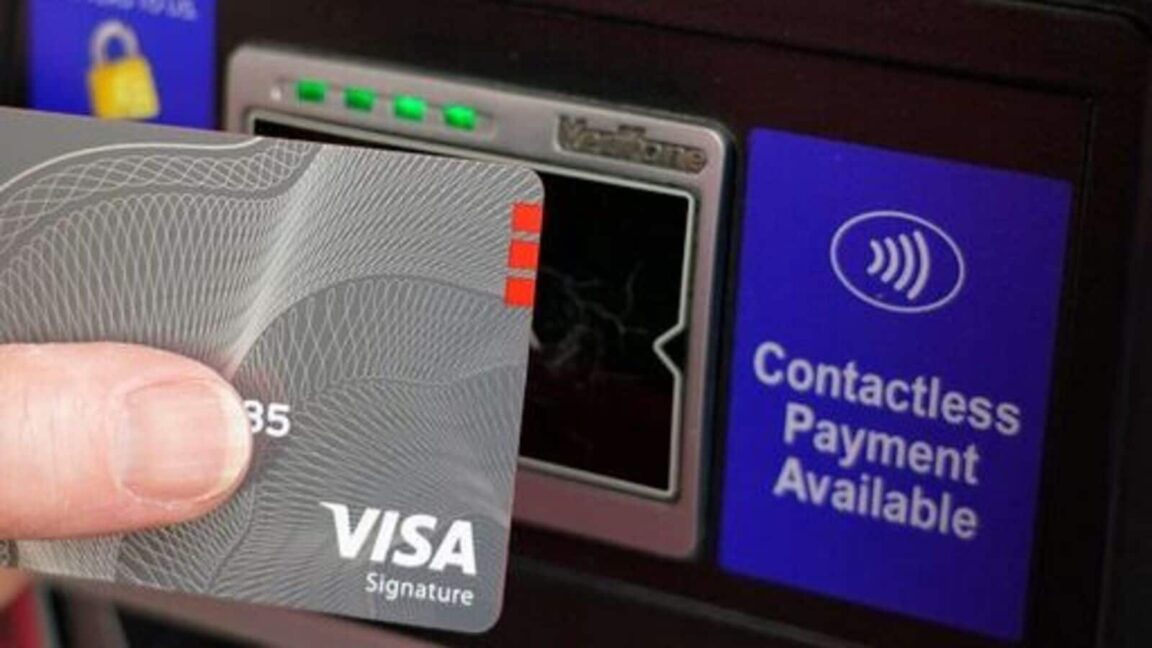With each passing day, innovations in the financial landscape continue to emerge. One such innovation is contactless credit cards, designed to make transactions quicker, more convenient, and easier.
What are contactless credit cards?
Contactless credit cards are one of the latest advancements in the credit card landscape. As the name suggests, they enable touch-free transactions without the need to insert or swipe the card at a POS machine.
Users simply need to tap or wave their credit card to make payments. Unlike traditional credit cards, contactless cards feature a ‘Wi-Fi’ symbol. To identify whether you have a contactless credit card, look for this symbol on your card.
How do they work?
Contactless cards operate using a magnetic field technology known as near-field communication (NFC). NFC is a short-range wireless technology that allows devices to exchange information within a few centimetres of each other through magnetic field induction. Each contactless card contains a chip and an antenna, enabling touch-free payments.
Disadvantages of contactless credit cards
- Low Transaction Limit: The RBI mandates that contactless payments are capped at ₹5,000 per transaction. For transactions exceeding this amount, a PIN is required.
- Limited Acceptance: As NFC is a relatively recent innovation, not all merchants accept contactless payments, and many shops are still in the process of implementing the technology.
- Concerns About Card Loss: While NFC technology is highly secure, there is a risk of theft since these cards do not require a PIN for small transactions. In the event of losing your card, it is crucial to inform your bank immediately so they can block it.
Conclusion
Contactless credit cards enhance the convenience of financial transactions. However, with this added convenience comes the responsibility to manage spending wisely. Use this technology thoughtfully to make the most of its benefits.

